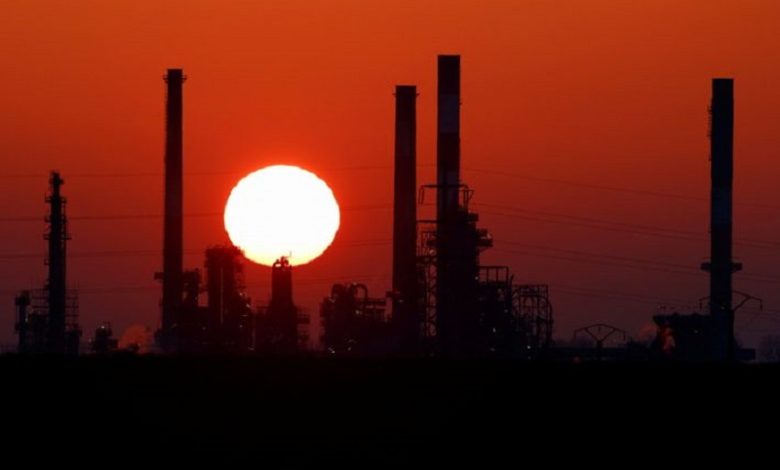
Soaring Energy Prices Rise on EU’s Political Agenda By Reuters
By Kate Abnett
BRUSSELS (Reuters) – On Wednesday, the European Union announced plans to review the operation of its power market and consider regulatory changes within the bloc, while aiming to advance climate change initiatives in the face of soaring energy costs.
This year, European electricity and gas prices have surged dramatically due to tight gas supplies coinciding with increased demand as economies recover from the COVID-19 pandemic.
The issue of energy prices dominated discussions in the EU, with environment ministers and the European Parliament addressing the matter following a meeting among national leaders on Tuesday. The crisis has led to divisions among member states regarding the need for intervention from Brussels.
"We undoubtedly need to implement policy measures," stated EU Energy Commissioner Kadri Simson during her remarks to the parliament. The European Commission is set to release a "toolbox" of options for governmental and EU responses next week. Additionally, a study will be initiated to assess whether the EU’s power market can support the bloc’s transition to green energy, according to Simson.
Member countries have agreed to wait for the Commission’s toolbox before considering a coordinated EU approach. Some nations have already implemented national subsidies and tax breaks to alleviate consumer bills.
Spain has been particularly vocal in advocating for reforms to EU electricity regulations, aiming to separate power prices from gas costs and promote collective gas purchasing to bolster the bargaining power of EU countries in global markets. Spanish Prime Minister Pedro Sanchez expressed a desire for Brussels to provide a bold response, emphasizing the need for "extraordinary, innovative measures."
However, there is not unanimous agreement among member states. EU regulators anticipate that gas market conditions will improve by next spring, and some nations have cautioned against hasty actions that may have long-term implications. German Environment Minister Svenja Schulze expressed skepticism regarding attempts to influence the free market.
The Netherlands warned against interference in Europe’s power and carbon markets, and Belgium expressed doubt that joint gas purchasing would effectively reduce soaring prices. Portuguese Environment Minister Joao Pedro Matos Fernandes commented, "We can’t really do any more than we’re already doing," suggesting that high expectations should be tempered.
The spike in prices comes as the EU is poised to enhance its policies addressing climate change. Countries such as Poland and Romania have raised concerns that efforts to increase the cost of polluting fuels could further burden households.
Analysts indicate that gas prices are primarily responsible for the rising electricity costs in Europe, with the cost of carbon permits in the EU’s emissions trading system also contributing significantly.
Despite the challenges, Brussels asserts that its climate initiatives will ultimately lower bills by decreasing reliance on fluctuating fossil fuel prices. Failure to swiftly reduce emissions could lead to greater economic repercussions from catastrophic climate events like floods, heatwaves, and wildfires.
"Let’s keep our eye on the ball. The problem here is the climate crisis," said EU climate policy chief Frans Timmermans. He called for an accelerated transition to renewable energy, emphasizing that such a shift would help mitigate high prices and safeguard citizens.
 GOOGL
GOOGL  META
META 


